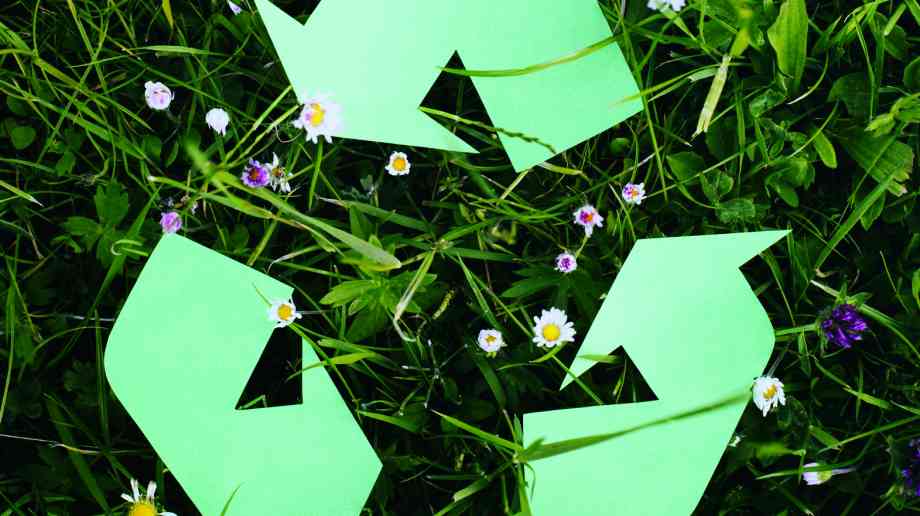Sue Robb of 4Children talks to Julie Laughton and Alison Britton from the Department for Education about the role of childminders in delivering the 30 hours free entitlement.
Circular waste could reduce London's waste by 60 per cent

The London Assembly Environment Committee says London could reduce 60 per cent of its waste by 2041 by adopting a circular model for its waste.
The Waste: The Circular Economy report examines how a circular economy could offer a solution to the problem of an unsustainable waste management model in the capital, and put London back on track to become carbon neutral.
A circular economy model ensures that natural resources stay in the economy for as long as possible.
By adopting such a policy, London could educe 60 per cent of its waste by 2041, and create 12,000 new jobs by 2030 and provide £7 billion net benefit to London’s economy in the process.
According to the group, which examines the Mayor’s actions and decisions, local authorities collected 3.7 million tonnes of waste last year, which quantifies as enough to fill more than 1,500 Olympic-size swimming pools. This is partly the result of a drop in recycling rates since 2010. With a rising population and growth in consumption, this provides an increasing challenge to waste infrastructure in London.
Worryingly, if Londoners continue to produce the same amount of waste per person the London Assembly Environment Committee believe that it would require local authorities to collect nearly an extra one million tonnes of waste, equal to an extra 500,000 refuse trucks of rubbish on London’s roads each year.
The current economic model of take, make and dispose is not sustainable from an environmental or economic perspective. However, a circular economy model, which London is in the early stages of transitioning towards, could minimise the depletion of natural resources and reduce our carbon emissions.
Leonie Cooper, Environment Committee chair, said: “The way we deal with waste in London needs to change. Recycling rates have fallen, the population continues to grow, and landfill space is quickly running out. We acknowledge the importance of the Route Map produced by the London Waste and Recycling Board (LWARB) and we’re delighted to see importance given to the circular economy in the Mayor’s Draft Environment Strategy. Clearly we are in the early stages of change. This is further demonstrated by the growing popularity of innovative recycling websites and apps. The potential for new jobs is enormous.
“Where we go from here, however, is crucial. The Mayor needs to take a visible lead in pushing the circular economy forward. This should start with ensuring that organisations in the GLA Group procure goods and services in line with its principles. The Mayor should set a whole-city vision which includes specific milestones towards growing the circular economy. Awareness also needs to be vastly improved among London’s businesses and an outreach programme led by the Mayor would address these issues.”
Company Focus
Just Lanyards is a subsidiary name of Gifts 2 Impress Limited, who have been trading for over 25 years, we therefore pride ourselves in having endless experience covering all aspects of the promotional merchandise industry.
Event Diary
UKREiiF has quickly become a must-attend in the industry calendar for Government departments and local authorities.
The multi-award-winning UK Construction Week (UKCW), is the UK’s biggest trade event for the built environment that connects the whole supply chain to be the catalyst for growth and positive change in the industry.
Supplier Profiles
Geo Energy
At GeoEnergy Design, we're on a mission to disrupt the traditional way heating and cooling ha
Latest Features
Professor Harith Alani, director of the Knowledge Management Institute at the Open University explains how AI can be used for good and bad.
Alex Lawrence, head of health & social care, techUK sets out techUK’s Five Point Plan for CareTech.

















